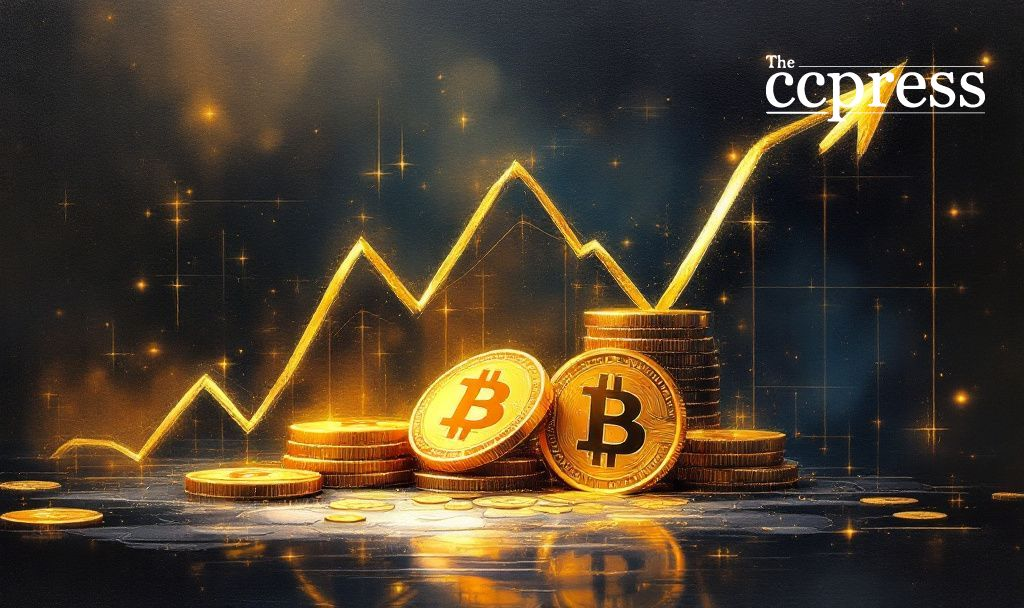- Bitcoin trading at $87,500 boosts ETF profits.
- A 20% profit margin for early ETF holders.
- Institutional interest in Bitcoin ETFs grows.
Bitcoin’s recent increase to $87,500 demonstrates the advantages Bitcoin ETF holders are experiencing. The rising institutional interest indicates Bitcoin’s maturing status in the investment world.
The rise in Bitcoin’s value has been significant since the approval of spot Bitcoin ETFs in January 2024. On January 11, 2024, Bitcoin was priced at $46,000, marking a notable 90.22% growth. Key industry figures like Arthur Hayes and Michael Saylor highlighted this growth.
“ETF holders are sitting pretty with $BTC trading around $87K and the ETF Realized Price at $72.5K. That’s a solid 20% gain for those who got in early.” — Arthur Hayes, Co-founder, BitMEX
Bitcoin ETF adoption has been rapid, with figures such as Cathie Wood recognizing the growing institutional interest. The ARK 21Shares Bitcoin ETF surpassed expectations and reflects the increased adoption of Bitcoin as an asset class. Matt Hougan from Bitwise noted the fastest institutional adoption rate of ETFs in history, showcasing the potential for long-term growth.
Bitcoin’s trading at $87,500 affects market dynamics, leading to an increased market cap dominance of 60.72%. Trading volume is notable at $25.49 billion, despite a decrease of 10.60% over 24 hours. The Bitcoin market cap stands at $1.74 trillion, maintaining a strong market presence.
Price fluctuations for Bitcoin have been moderate, with a 1.75% increase over the past seven days and a 9.63% decrease over the last 90 days. Bitcoin’s market cap dominance consolidates its position as a leading digital asset, attracting both retail and institutional investors.
As Bitcoin remains the most valuable and widely traded cryptocurrency, continued institutional adoption through ETFs may lead to further growth and stability. Increased regulatory involvement could enhance market reliability, while advancements in blockchain technology pave the way for future innovations.
